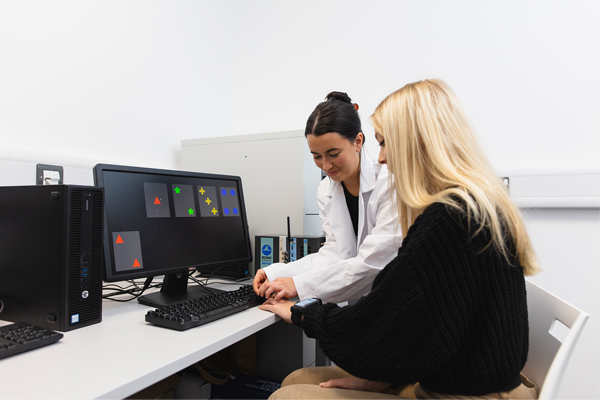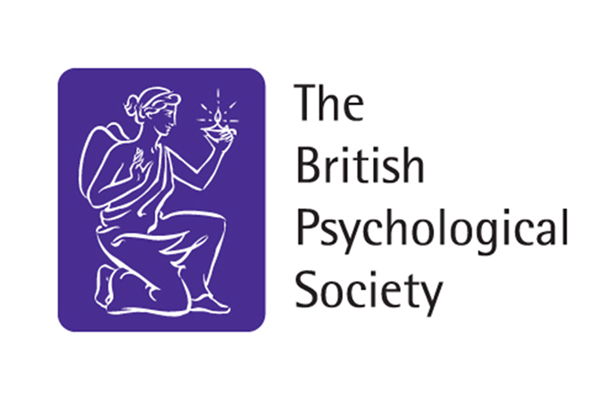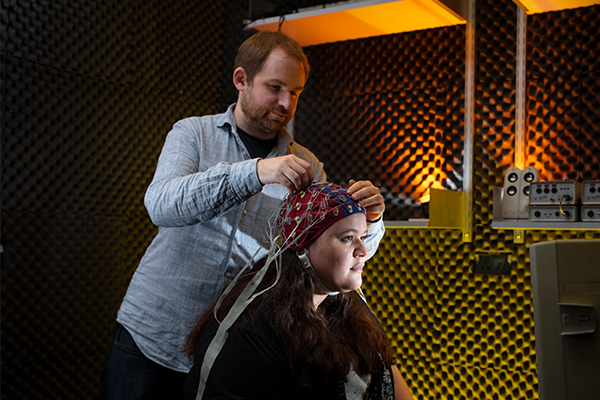Entry Requirements
The admissions criteria for the programme are a minimum 2:2 undergraduate degree and the equivalent to a C in GCSE maths. Applicants with non-standard entry requirements will also be considered, including those with relevant experience (for example, mature students with work experience). These applicants will be requested for additional information to assess their aptitude for the programme and are invited for interview.
Applicants may be interviewed before they are accepted on the course, to make sure that they are suitable for the course. Students can study this programme either full-time (one year), or part-time (normally two years).
If you have studied outside of the UK, and are unsure whether your qualification meets the above requirements, please visit our country pages for information on equivalent qualifications.
https://www.lincoln.ac.uk/home/studywithus/internationalstudents/entryrequirementsandyourcountry/
Overseas students will be required to demonstrate English language proficiency equivalent to IELTS 6.0 overall, with a minimum of 5.5 in each element. For information regarding other English language qualifications we accept, please visit the English Requirements page.
https://www.lincoln.ac.uk/home/studywithus/internationalstudents/englishlanguagerequirementsandsupport/englishlanguagerequirements/
If you do not meet the above IELTS requirements, you may be able to take part in one of our Pre-session English and Academic Study Skills courses. These specialist courses are designed to help students meet the English language requirements for their intended programme of study
https://www.lincoln.ac.uk/home/studywithus/internationalstudents/englishlanguagerequirementsandsupport/pre-sessionalenglishandacademicstudyskills/







